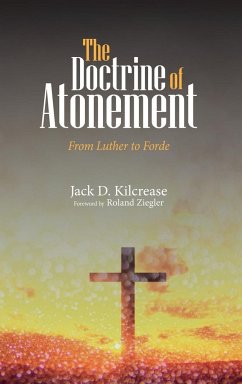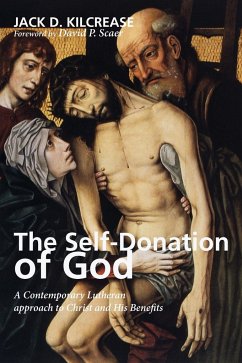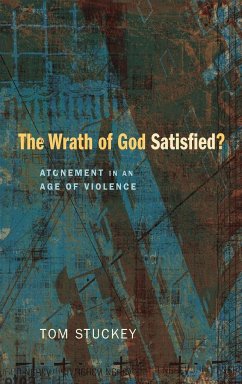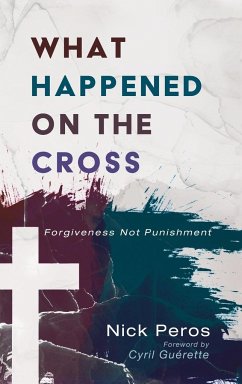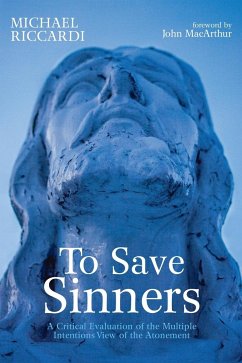Post-Enlightenment theology has frequently rejected the historic Christian doctrine of substitutionary atonement. For theologians standing in the tradition of the Lutheran Confessions, rejection of substitutionary atonement is particularly problematic because it endangers the unconditional nature of the justification through faith. If one rejects vicarious satisfaction, then the only alternative is to make redemption dependent on what sinners do for themselves. In this study, Jack Kilcrease argues for substitutionary atonement within the perspective of what he calls the ""Confessional Lutheran Paradigm."" The author also critiques a wide variety of modern Lutheran theologians' understandings of atonement: Werner Elert, Gustaf Aulen, Gustaf Wingren, Robert Jenson, Eberhard Jungel, Wolfhart Pannenberg, and Gerhard Forde. As Kilcrease demonstrates, although these authors often give many fine theological insights, their distortion or misrepresentation of the doctrine of atonement carriers over to a problematic understanding of law, gospel, and justification through faith.

